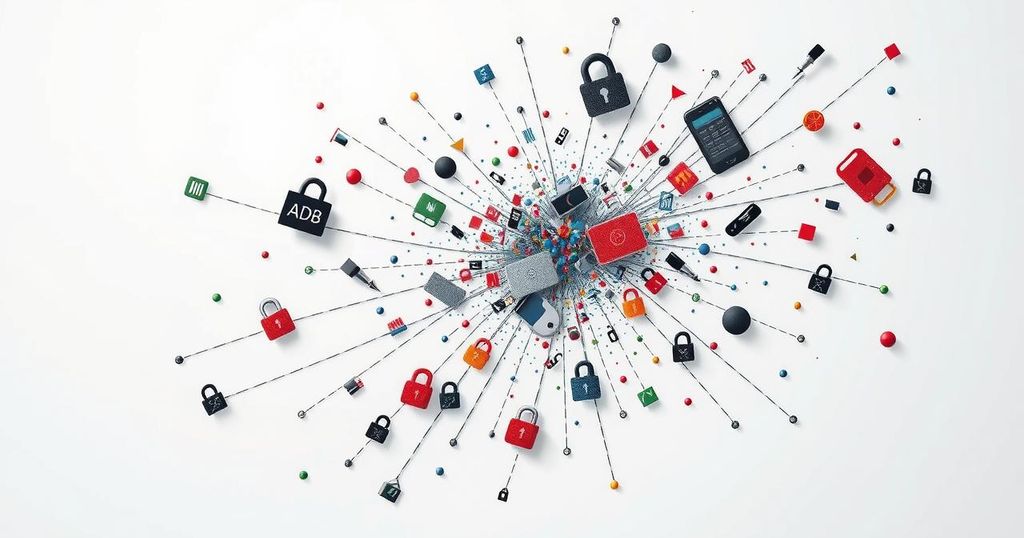The #KeepItOn coalition calls on the South Sudanese government to end the social media shutdown initiated on January 22, 2025, in response to violence in the region. The coalition emphasizes that restricting access to such platforms violates human rights and contradicts both national and international law. They urge ISPs to resist government orders and uphold human rights norms.
The KeepItOn coalition, comprising over 334 human rights organizations across 105 nations, implores the South Sudanese government to immediately cease its ongoing social media shutdowns. This interruption, initiated by the National Communication Authority on January 22, 2025, contradicts both national constitutions and international human rights frameworks. The government’s justification for obstructing social media access, purportedly to prevent the spread of graphic content related to violence, fails to recognize the critical role these platforms play in times of crises.
The violent protests resulting from the Sudanese Armed Forces’ actions led to governmental measures, including a nationwide curfew and the shutdown order. Such restrictions not only hinder free expression but also deny citizens vital access to healthcare and life-saving information. Additionally, evidence indicates that internet disruptions increase the spread of misinformation rather than decrease violence, leading to further societal harm.
The shutdown is not unprecedented, with previous incidents in 2021 marking similar restrictions in response to protests. Despite being compelled to comply with government directives, internet service providers (ISPs) like MTN and Zain must also adhere to UN business and human rights standards. Enforcing this shutdown compromises these companies with the potential to infringe on the fundamental rights of the South Sudanese populace.
To rectify the situation, telecom companies must uphold their human rights responsibilities and legally challenge the government’s shutdown order. Any ISP should evaluate the constitutionality of the directives imposed and demand clarity on vague terms such as “social media sites.” Collaboration between ISPs, the government, and civil society is crucial to ensure the protection of citizens’ rights while managing content on these platforms.
Organizations such as Access Now advocate for immediate action to restore social media access in South Sudan, urging three vital actions: the government must rescind the shutdown directive, ISPs must refuse to enforce unlawful orders, and social media companies must implement human rights-based measures to manage content effectively. Stemming from this coalition’s efforts, the commitment to uphold human rights is reaffirmed, highlighting the necessity for collaborative measures to safeguard these rights in South Sudan.
The situation in South Sudan reflects a significant human rights concern, as the government has recently imposed internet shut downs, severely limiting citizens’ ability to communicate and access vital information. The action taken by the National Communication Authority was claimed to be in the interest of public safety during national crises. Previous incidents show a pattern of response against protest activities by restricting access to social media platforms, which function as vital resources for information and organization among citizens.
In conclusion, the ongoing social media shutdown in South Sudan represents a severe infringement on human rights as documented by various international and national legal frameworks. The #KeepItOn coalition urges the government and ISPs to reconsider their positions and restore access to digital platforms. Ensuring unimpeded access to social media not only supports freedom of expression but also empowers citizens with critical information during crises, thus fostering a more transparent and accountable society.
Original Source: www.accessnow.org






